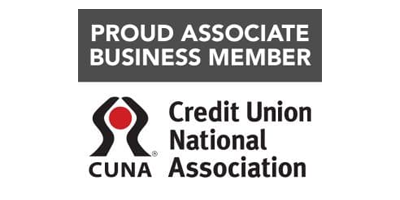Established in 1998, AVANA CUSO is one of the most seasoned credit union service organizations (CUSO) with a focus on commercial real estate lending. Driving excellence through end-to-end customer service and our investments in technology, AVANA CUSO connects credit unions and other lenders with commercial real estate entrepreneurs, brokers, and small business owners through participation lending.
Our mission is to help credit unions diversify their lending portfolios by expanding their lending programs beyond local communities, mitigating concentration risk while enhancing loan-to-share ratios.
AVANA CUSO, a proud member of the AVANA Family of Companies, is a lending organization dedicated to strengthening communities. By financing socially responsible projects, we aim to drive economic growth and create job opportunities.














